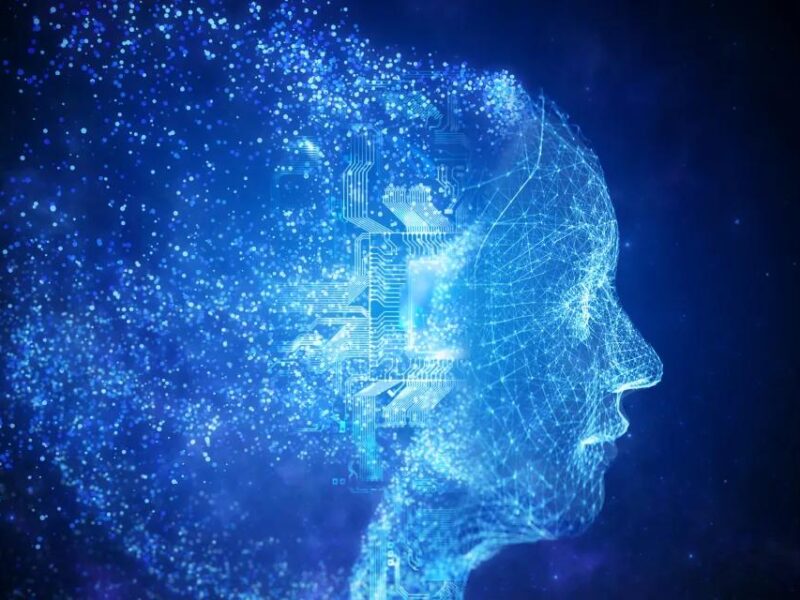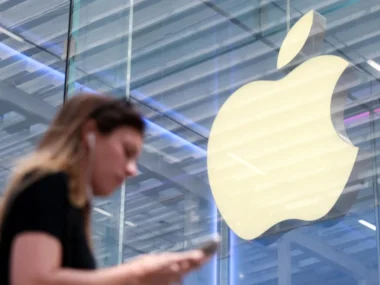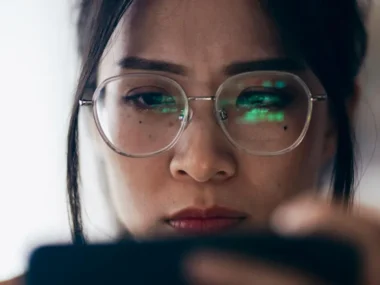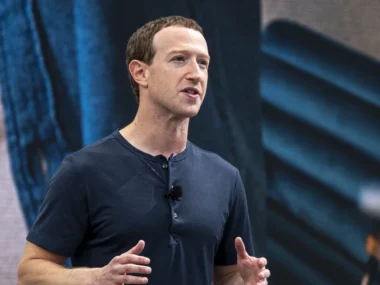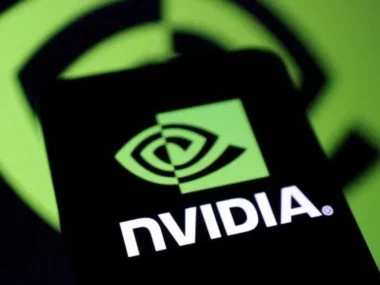By the year 2030, how will artificial intelligence (AI) have altered the world? Whom you ask will greatly affect your answer.
Eliezer Yudkowsky, a US artificial intelligence researcher, famously staked $100 (£82) that by January 1, 2030, AI would have eliminated all human existence.
Meanwhile, Goldman Sachs forecasts that 300 million jobs would be lost globally due to AI, while firm PwC forecasts that AI might add $15.7 trillion to the global economy by the same period.
However, Dr. Ajaz Ali, assistant head of business and computing at Ravensbourne University London, told Yahoo News UK that the ways AI could have impacted our lives by 2030 go far beyond either making us rich or killing us all.
According to Dr. Ali, the influence of AI might have radically revolutionised several businesses, with individualised assistants altering not only other industries but also those in the legal, medical, and educational fields.
How AI could alter the healthcare industry by 2030
Dr. Ali predicted that by 2030, sensors on people’s bodies will transmit real-time health data to an AI-based system that will flag any urgent problems for clinicians to address right away (or handle them on its own).
“AI has already been used to detect early signs of Alzheimer’s disease, diabetes, and cancer, allowing for earlier intervention and better outcomes for patients.”
By the end of this decade, gadgets will measure things like glucose and cholesterol in addition to the wearable sensors that are currently used to monitor things like blood pressure, electrocardiogram (ECG), heart rate, stress levels, and blood pressure.

Dr. Ali went on to say: “By 2030, we could see AI-powered devices capable of detecting and diagnosing diseases in real-time, enabling more accurate treatment plans.”
Patients will be able to receive tailored treatment regimens thanks to advancements in genetic science, and artificial intelligence will increase the precision of tasks like radiology image interpretation.
AI will soon play a major role in the creation of novel pharmaceuticals to treat a variety of illnesses that are currently thought to be incurable.
AI will revolutionise education by 2030.
Although it is unsettling to think of youngsters being “taught by robots,” Dr. Ali predicted that by 2030, AI aides will play a significant role in the educational process.
Thanks to AI assistants, the future generation will learn “in a completely different way,” he asserts.
He stated: “AI will introduce personalised and adaptive learning systems suited for individual learning styles, adapt curricula in real time and enhance the learning opportunities through targeted feedback. “The transformation of education and learning will happen as quickly as distant technology during COVID.
AI personal assistants for people will change lives.
According to Dr. Ali, improvements in natural language processing (NLP) will have an effect on a number of industries.
This will revolutionise fields like the law and offer tailored assistance to those with unique needs.
According to Dr. Ali, this advancement will bring trustworthy AI assistance to the legal services sector. Personal assistants who give services to people with special needs (particularly in mental health) will be made possible by advances in NLP.

